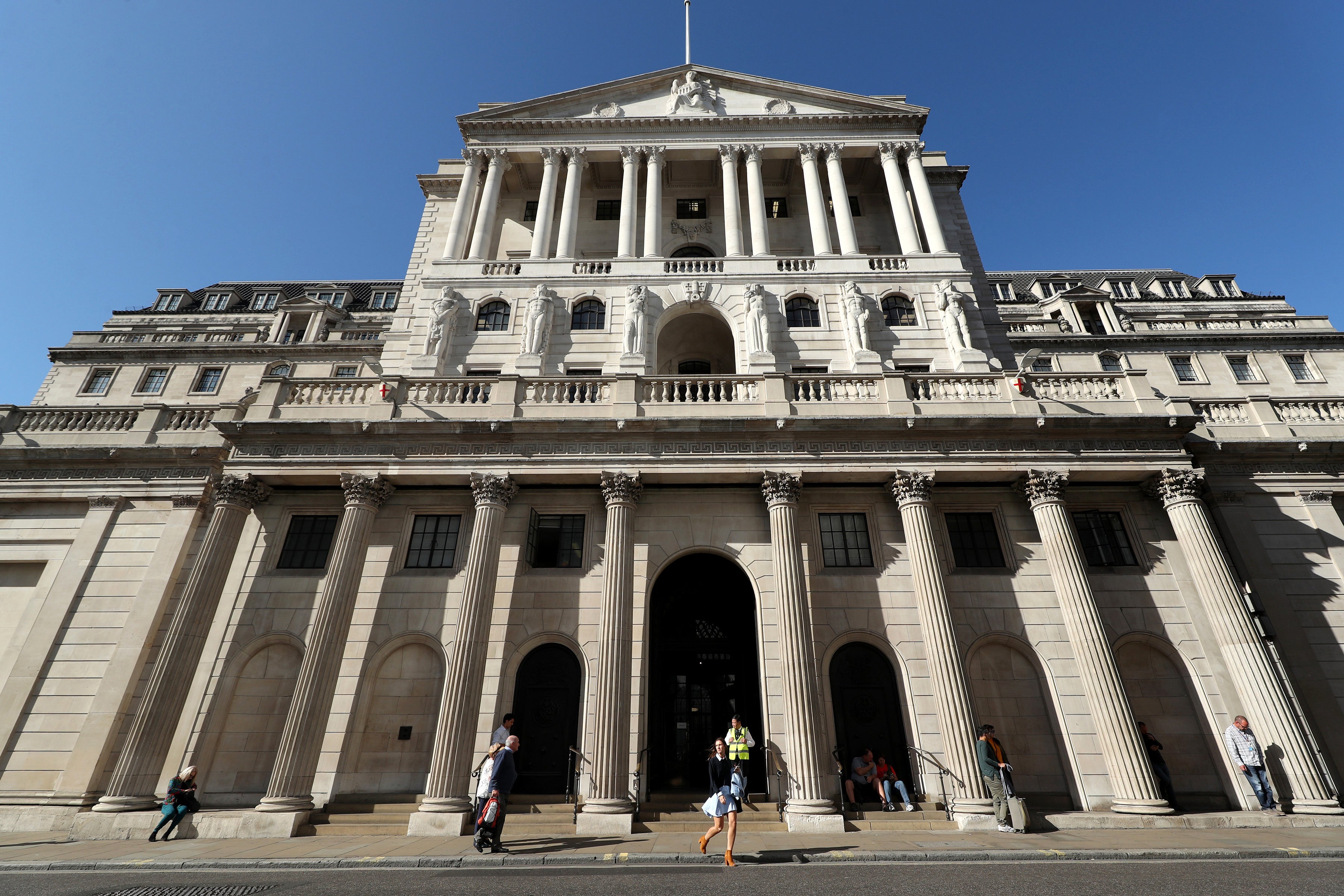Inflation spike to be temporary but life will get much tougher for those on low incomes as the Boris bill mounts
The outlook has deteriorated, and while City economists persuasively argue that the worst will be over by 2023, that won’t come as much comfort for those already struggling to pay bills

How nasty are the price rises we’ve been told to expect going to get?
There is a particular subset of economic commentators who’ve taken to playing the role of Jeremiah on this subject. Watch out, they say, because if we’re not careful inflation is going to roar back and the consequences won’t be pretty.
As a rule, they tend to be either Baby Boomers or from the early part of Generation X. In other words, they are old enough to have been conscious of prices rising at nearly 25 per cent, which they did at points during the 1970s, and certainly when inflation topped 9 per cent in the early Nineties.
Their fire has been fuelled by the recent rise to 3.2 per cent, the highest rate in nine years, and the general view that this is just the start of it.
I would describe the coming spike as a downpayment on the Boris bill we’re all going to be paying as a result of the government’s incompetence and inept policy making.
The general feeling I got from a brief canvass of some of my friends in the City of London, is that inflation will peak at 4.5 per cent next year, which would be its highest rate for a decade, and that it will stay at around that level for several months.
The optimists think it will start to fall to the Bank of England’s targeted 2 per cent towards the end of next year, but it isn’t hard to find people who think that sometime in 2023 is more realistic.
That, however, is not quite the same as inflation being “back”, not like it once was. It is more in line with the Bank of England’s view that the spike will be temporary. And Threadneedle Street’s view is the one that counts.
Some of the factors driving price rises upward – surging energy costs for example – can be expected to cool off. The matter of when is quite important because it will determine the extent of the next Ofgem price cap rise, expected in April.
Some are the inevitable consequence of government policy. The trade barriers with the EU it has thrown up as a result of its ultra hardline Brexit would be one example, although they too will eventually work their way through the system.
There are, however, also factors that will cool the inflationary heat. Chancellor Rishi Sunak’s planned tax rises, particularly the national insurance hike intended to raise funds for the NHS and social care, will serve to take money out of people’s pockets, reducing their purchasing power and thus the ability of companies to push prices up.
While people working in certain occupations are seeing wages bumped up – lorry drivers would be a good example – they are not rising across the board. Boris Johnson’s claims that they are have been called out.
If they were doing so in the absence of productivity gains, the case of the doomsayers might be stronger.
Part of the problem is that workers lack bargaining power, even when they’re in short supply. More collective bargaining through unions could address that. Deals could include commitments to improved productivity too. Unions don’t have to be seen as the enemy. But the Conservatives have shown scant sign of dropping their historical antipathy to them.
There is no beer and sandwiches at No 10 on the horizon for TUC boss Frances O’Grady, although I’m told she’d actually be rather happier with a glass of (ugh) cider.
Public sector pay, meanwhile, is in a trough and doesn’t look like emerging from it with Rishi Sunak as chancellor. The government is not practicing what it preaches in terms of the wages of its own workers.
We may still see a rise or two in interest rates from the Bank’s Monetary Policy Committee given that the outlook for inflation has notably deteriorated and perhaps to remind the markets that it’s still there.
But while I have to admit that I’m a lot more concerned than I was, and forecasts can quickly change for the worse, it still seems likely that the current spell of rising prices will indeed be temporary. But still painful enough, especially for those on low incomes who lack the ability to cope with sudden rises in the cost of living.
We’re told the minimum wage is going to rise, which will help some of them. But not by enough. They, and the people made redundant due to the end of the furlough scheme, are in for a rough few months and maybe a rough year.






Join our commenting forum
Join thought-provoking conversations, follow other Independent readers and see their replies
Comments